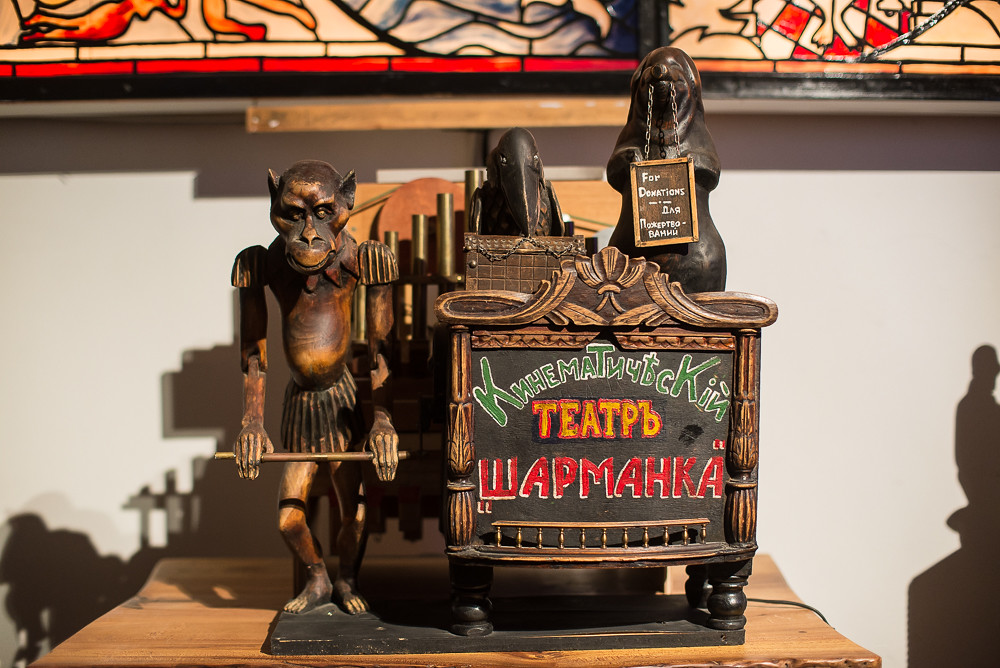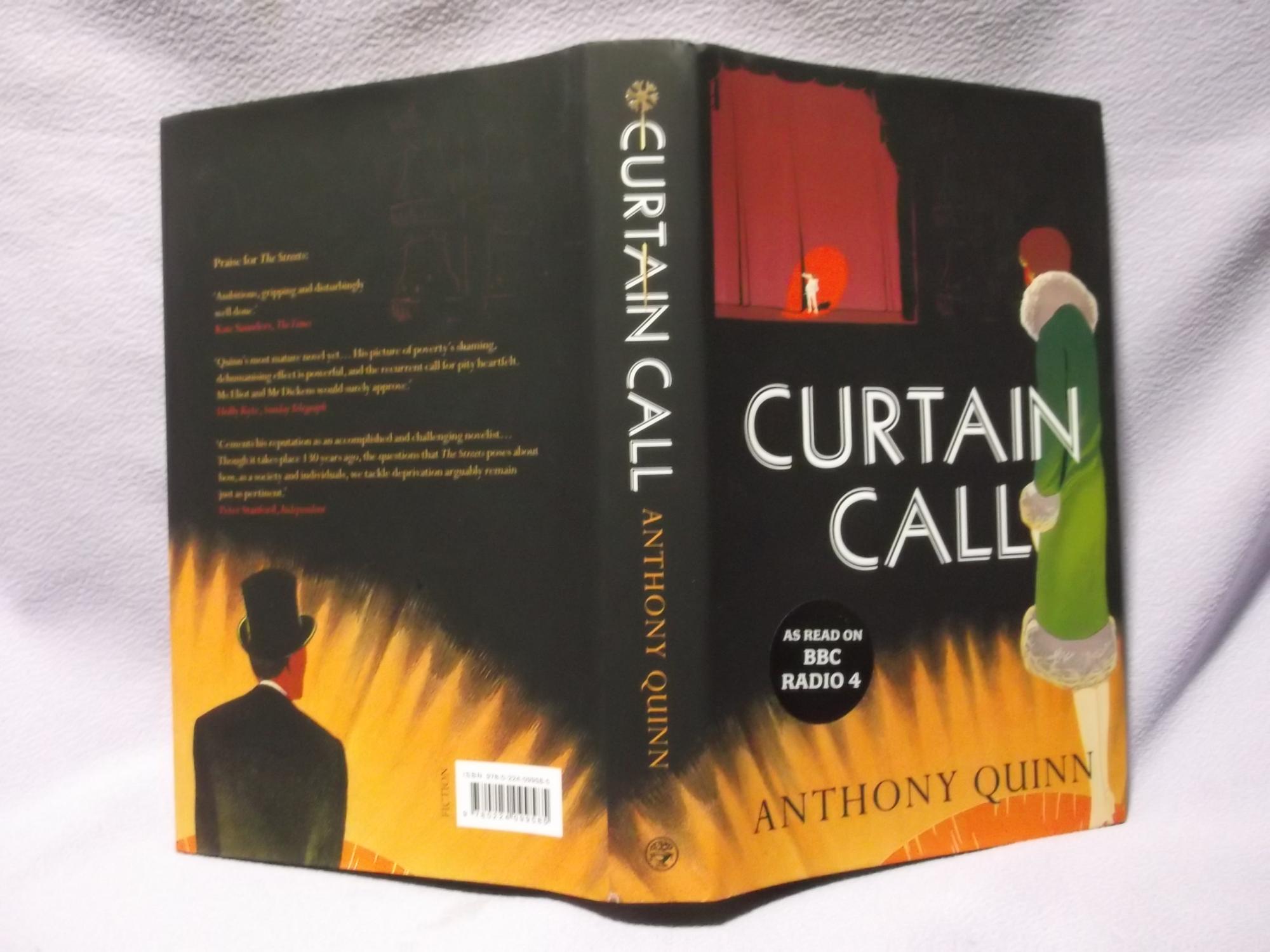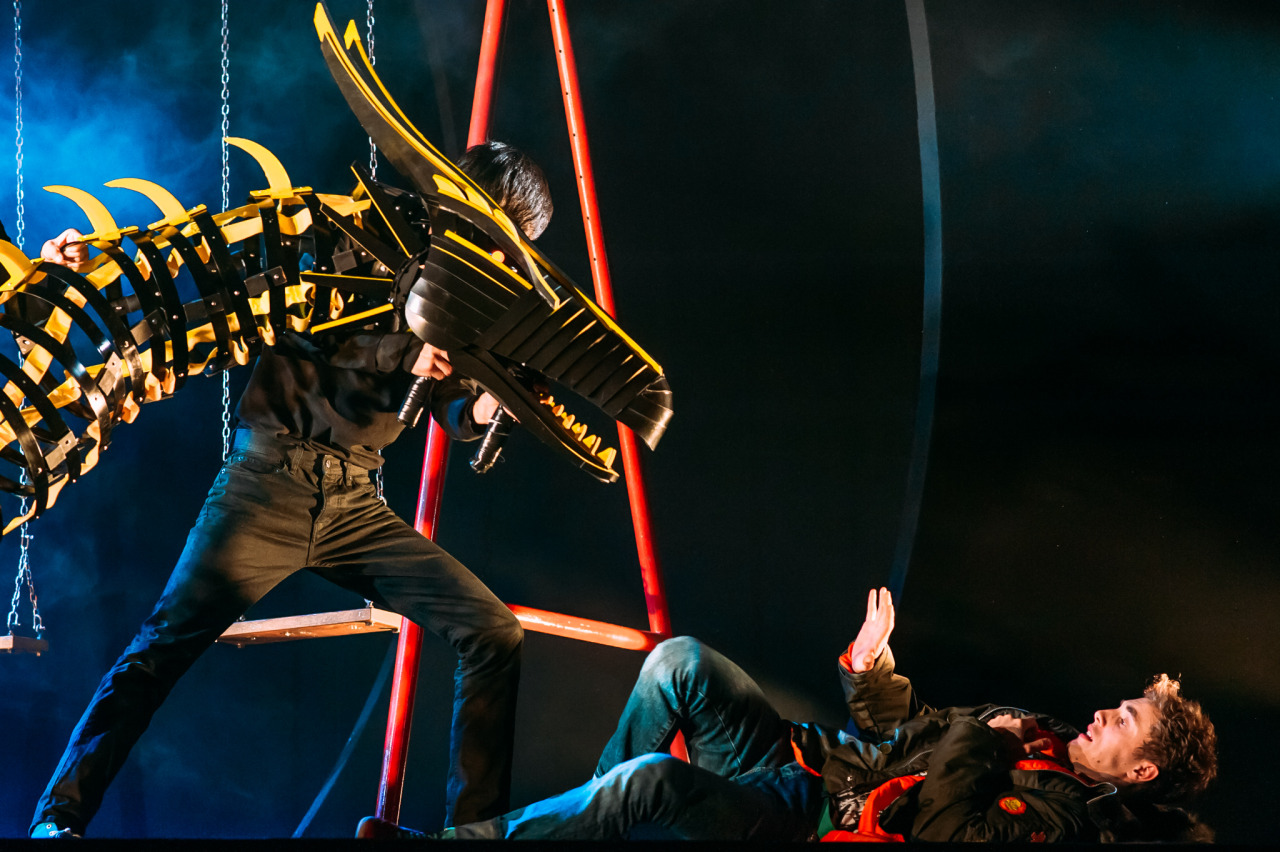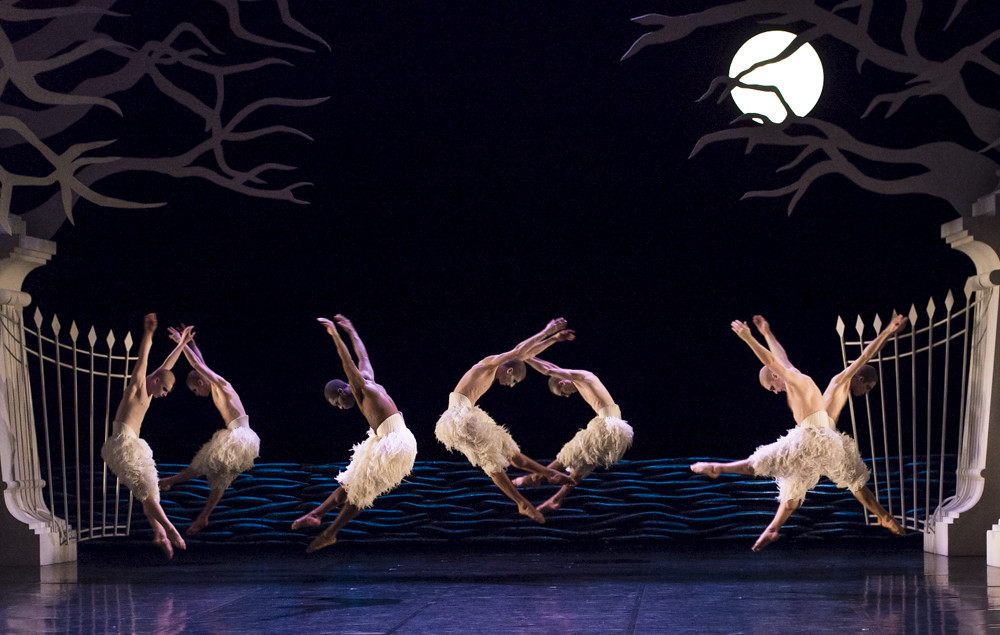Crazy Ex-Girlfriend, Split Britches, being born in the '90s, and playing catch-up with Generation X and the Baby Boomers
I was recently at a wonderful production by the theatre company Split Britches (Lois Weaver and Peggy Shaw) called Unexploded Ordnances (Platform, Take Me Somewhere, Glasgow). Part of the show - without giving too much away - involved asking various audience members what their worries were. One lady explained that she worked with young people with mental health issues, and stressed, with sincerity, her concern that more and more young adults are suffering from anxiety, depression, and suicidal thoughts and/or behaviour, and that very little seems to be happening to prevent this. Yes, I thought. Yes. More and more in recent months, I have heard about people I'm close to - or just those I'm acquainted with - deciding to pursue counselling or start taking mood-altering medication, or just that they're going through some sort of 'rough patch'. What do these people all have in common? Well, mostly, they were born somewhere between 1987 and 1997. Now, of course, the majority of my friends are my age, so I'm bound to be more aware when they have problems, but something tells me that that's not quite it.
I'm twenty-six now. I graduated from my undergrad five years ago, and decided to go back to the books about a year ago, and am now nearing the end of my Master's. The reason I talk about my mental health so much in my work is that I can; I'm OK with it. It's not going to do me any harm. Just three years ago, however - in 2015 - it was a different story. I had - incredibly luckily - landed a very well-paid, cushy managerial job pretty much straight out of uni. I had my own flat, I went on holidays, I went to the pub without worrying about breaking the bank. I had, however, moved about 220 miles for the privilege - away from my family, friends, and then-partner. You see, money is great; independence is great. But when you're given that level of responsibility at the age of twenty-two, and you're, basically, completely on your own, something has to give. For me, it was my health. Like a lot of people my age in full-time employment, I stopped going into work; I stopped seeing my friends; I stopped sleeping, and I stopped eating. I made a series of foolish, rash decisions, ended up hurting someone I loved, was signed off work for four weeks, and shortly left my job for good. This was perhaps the best decision I could have made - but it's not a decision I should have had to make.
As I said, I'm twenty-six; I'm about to have two degrees; I have over three years management experience, and - still - the scariest thought is having to find employment, and a place to live, after I graduate. An anonymous Baby-Booming parent said to me recently "in my day, we just applied for a job, and that was it". Yep, I bet it was. Both of my parents stayed in their respective jobs for over thirty years before retiring (and that's another issue altogether). I'm not saying they were happy, but they managed it, and have a three-bedroom Victorian semi over their heads to show for it. For most of us, that's - literally - an impossible dream. There will - of course - be examples of the Baby Boomer generation where this is not the case, but I will say that both of my parents were from extremely working-class backgrounds and were the only ones in their entire families to go to university. Again, I do seem like I'm going off-track, but bear with me. These days, we don't just apply for a job and "that's it". You apply for job, after job, after job. You will, most likely, be perfect for the job. More than perfect - overqualified, in fact. The likelihood is, however, that you won't get it. For no reason other than the employer being in a certain mood that day, or having someone particular in mind for the job all along. It's happened to all of us. This is, however, somewhat unique to us twenty-something-year-olds - those of us who have our degrees, our internships, our impeccable references, and probably a Duke of Edinburgh or two. We meet the Essentials AND the Desirables to the letter, but we are still rejected, time after time. My theory - at long last - then, is that this constant, incessant rejection (not just in employment, but in academia, in the actual workplace, in life...) and impossible expectation adds a whole layer of self-doubt and insecurity that just didn't really exist for previous generations. Not to the same extent, anyway. The standard is TOO high, because we've set it too high. And who do we have left to blame for our failures? You got it - ourselves.
I'm doing a Master's - as I said - and the majority of my peers aren't recent graduates; they're in their mid-twenties, just like me. And I don't think it was a spur of the moment decision for most of them - it was a necessity. The world of work just hasn't worked out, for whatever reason, and our Firsts and Two-ones aren't cutting it, either. So, now we're putting ourselves under the microscope again and making ourselves vulnerable to even more criticism - this time of an academic nature. We can't escape it, seemingly. We just have to put our egos through this unforgiving, brutally honest bruising before we're presentable to the outside world.
I recently started bingeing a series on Netflix - Crazy Ex-Girlfriend. The clue is in the title. It might sound like a cynical, slightly sexist, over-simplified depiction of female jealousy, but it's actually quite the opposite. The lead actress and co-creator, Rachel Bloom, is a mental health activist, and has created a scarily relatable, three-dimensional manifestation of Millennial experience in the form of protagonist Rebecca Bunch. Rebecca is a late-twenties, over-achieving, middle-class Jewish woman with a flawless professional record and - you guessed it - a history of mental illness. I hate to say that anything on TV "spoke" to me, but I'm afraid this did - as a twenty-something, middle-class Jewish woman who landed a high-paying job at a young age and cracked under the pressure, Rebecca reminds me of myself to a frightening extent. While the first couple of seasons are more straightforward sitcom, the third season shifts to a more serious, issue-based tone. The show started to deal with well-researched plotlines surrounding therapy, medication, and other serious mental health issues in a surprisingly sensitive manner. There was a moment where Rebecca has a crisis of sorts and - as an absolute last resort - calls her mother and goes back to her family home. I sat there watching, thinking "Yep. Been there". And I mean the exact same scenario - for Jewish girls in particular, admitting failure and defeat to our parents (especially our mothers) is about the most difficult thing you can imagine. I don't know if this was a conscious decision on the writers' part, but, given the recent prominence of teenage and young adult depression, my guess is that it was. The show is also an incredible study of friendship; particularly the unlikely ones that are formed through shared trauma. Unsurprisingly, Rebecca's and other characters' "crazy" episodes tend to manifest in their romantic relationships. This, I'm sure, is a very familiar trope for many of us (I know it is for me) - and being labelled crazy, mental, psychopathic, needy, desperate, or weak is just unhelpful when everything has simply got too much. I don't think it's any mistake that Rebecca is the age and personality type that she is.
The combination of recent conversations with my friends and peers and watching Crazy Ex-Girlfriend has made me worry for the safety and well-being of those around me. In fact, I'm not just worried - I'm terrified. Depression and anxiety is seeping into every aspect of our everyday lives - work, study, relationships, family...of course, that has always been the case, and I don't for a second think my generation has the monopoly on mental illness, but I do think that the expectations have got too high. The standard has become unachievable. We're the ones who have been left behind: very few of us own our own homes - or can even imagine doing so in the next ten years - or have sustainable careers where we won't have to take long-term sick leave after about two years. I've thought numerous times that I won't have to go back to that place ever again - back to 2015 - but I can't honestly say I'm sure any more.
It does give me some hope, however, that shows like CEG have been commissioned and are finding success, and are actually reaching people like me, and - hopefully - my friends. It also gives me hope that the people I love, or just the people I know, feel they can tell me things like this, and I hope this has just reaffirmed that. Thank goodness for the Scottish Mental Health Arts Festival; thank goodness for Rachel Bloom; thank goodness for that lady in Split Britches' show...These aren't mammoth steps, but they're something. This is an epidemic that has touched and will touch all of us. It may be invisible, but it's a silent killer if left to fester. I don't feel that I've achieved an awful lot by writing this. But if growing up in the '90s has taught us anything, it's that every Rachel needs a Monica; every Joey needs a Chandler; every Buffy needs a Willow; every Geraldine Grainger needs an Alice Tinker. I know I couldn't have made it through without mine.















